Misha Green Will Scare You Now
The creator of HBO's Lovecraft Country on making a show about the monsters who walk amongst us.
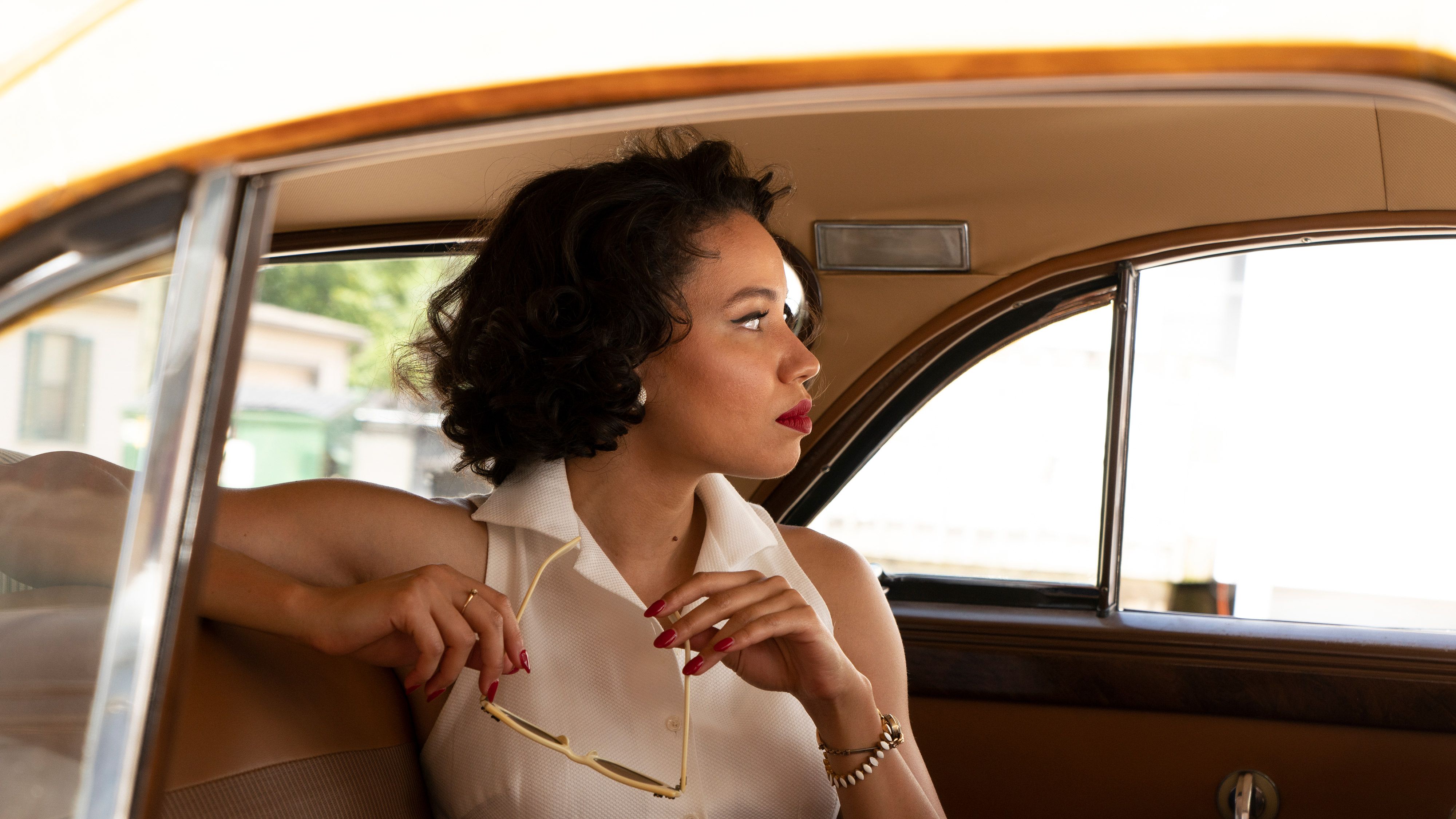
It would be easy to call Misha Green the Black J.J. Abrams or the female Jordan Peele. But HBO’s new “big fucking show” Lovecraft Country—created, directed, written, and executive produced by Green—proves she’s broken the mold. Inspired by Matt Ruff’s 2016 book by the same name about 1950s Jim Crow America and the supernatural lurking just below the surface, the show elevates the horror genre in remarkable ways, draws poignant conclusions about the power of perception, and flips the script on H.P. Lovecraft’s prolific, racist-themed books. Here, Green discusses creating real-life monsters scarier than any sci-fi creatures and redefining the center of the universe.
Marie Claire: Where did your love of sci-fi and horror begin?
Misha Green: I saw the first Aliens when I was a kid, and I was like, Oh my God, this is crazy. It can feel intense; you can be emotionally attached and cool shit can happen. How do you do better than that?
MC: Were you a fan of H.P. Lovecraft’s work before this project was brought to you?
MG: I was very familiar with H.P. It’s not technically my favorite subgenre of horror, but I understand why people love it so much. The idea that his mind created all these monstrous, horror-like monsters was great. [But] for me, I was familiar with his past—his being a racist—which soured it a bit for me. I've always been like, This was not for me. It was never written for me.
MC: The book the show is based on is set in the 1950s, but it seems so relevant in 2020. Did it feel that way to you?
MG: Matt [Ruff]’s book is beautiful. It’s the idea of reclaiming the genre for people who the genre typically hasn’t been for. I watch all these sci-fi movies, and they’re set in the future, and there are no people of color in [them]. It’s all white people being oppressed by robots. And I’m like, Is this really a story of white people being oppressed? Any time I’m adapting anything, it’s always the beautiful first jumping-off point that you have to take to a new place. When you’re making art, you have to be making art of the times. And so it was just a natural thing to take the elements from his book that were still so relevant, because history keeps repeating itself.
Stay In The Know
Get exclusive access to fashion and beauty trends, hot-off-the-press celebrity news, and more.
MC: Recently, especially because of [co-executive producer] Jordan Peele, a lot of horror movies have become allegories for racism and social issues. Why do you think that sci-fi and horror have become such popular vehicles to tell those stories?
MG: I think the genre’s at its best when it’s doing that; when it’s a metaphor on top of a real-life thing that’s universal. It’s happening all the time to women. It’s happening all the time to people of color. It’s experiencing it in a safe space where you feel like, at the end of the day, the protagonist can win.
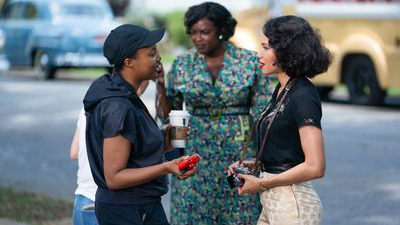
Misha Green (left) with Wunmi Mosaku and Smollett filming Lovecraft Country.
MC: The scariest part of the show’s plot is the racism, not the monsters. Was that always your intention?
MG: One of the things we wanted to pull into the series [from the book] was, in that first episode, you’re relieved when the actual monsters show up. Like the idea of “sundown towns”—which I first learned about from reading this book—the monsters are the people. And the people and the history is real.
MC: Tell me more about creating the soundtrack and integrating the spoken word elements.
MG: I feel like people expect period pieces to be so sacred. That it has to be exactly the music of the period or it’s bad. And I go, Ah, that's boring. How do we take that to another level? And, at the time, I [listened], back to back, to Beyonce’s Lemonade and I Am Not Your Negro. Both of those used voiceovers in a way that I was like, This hasn't been done on a TV show yet! I think that was our big—I like to do a big swing with every project, audio-wise, visually, in all the different categories—audio swing. It’s the part [when] you’re going, “Is this gonna work?”
MC: It absolutely does. It elevates some moments and, other times, adds a sense of levity, like the scene with the Cardi B song “Bodak Yellow.”
MG: I was like, “Oh my god. She says bloody shoes in this song!” It was made for this moment. Or did the moment come from me listening to that Cardi B song all summer? I don't know.
The monsters are the people. And the people and the history is real.
MC: There are a lot of literary influences in the show too. Are there any authors who had a big impact on you as a writer?
MG: My favorite book of all time is Stephen King’s It. That book influences my whole thought process.
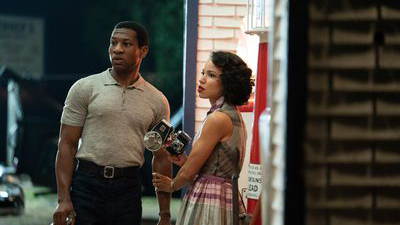
Atticus Freeman (Jonathan Majors) and Letitia “Leti” Lewis (Smollett) encounter racism during a roadtrip in the first episode of Lovecraft Country.
MC: You wore all the hats on this show. Did you feel more pressure having so much creative control?
MG: Having all of the creative control takes all the pressure away from me because I know what it is. In my head, it’s amazing, and all I have to do then is communicate that to everybody. I say in our writers’ room and to our production people, “If we do exactly what I have envisioned, it’s gonna be dope as fuck. We can do better, though, with all of our minds together. … Let’s go to the moon and back.” Knowing that someone’s not going to come step on that afterward, that’s where you can really empower people to bring their voice to it.
MC: That’s an amazing way to think about it.
MG: My imagination is wild, so we can make it wild. I went to HBO and I said, “I wanna make a big fucking show, guys.” And they were like, “We want a big fucking show!” And then halfway into it, they were like, “This is a big fucking show. …” It’s being able to have that platform to really say, “We’re going to make our Goonies. We’re gonna make our Indiana Jones adventure episode. We’re gonna build worlds.”
MC: Speaking of going big or going home, that describes, I would say, J.J. Abrams. Were you a fan of Lost [which Abrams co-created]?
MG: I can think back to when I was first coming into screenwriting, I was reading all the Lost scripts. I think Lost gets a bit of a bad rap these days because, you know how they say, “If you end poorly then that’s all anybody remembers.” But Lost changed television. We did not do flashbacks before Lost came. I still distinctly remember when John Locke rolled out in that wheelchair. So I feel like that definitely is a big influence [on me]. And, listen, if it didn’t pan out in the end, think about how amazing that ride was when it was happening.
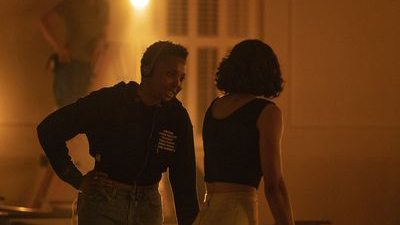
Green directs Smollett.
MC: Did you start in this industry thinking, I want to tell stories that are important to Black people and people of color?
MG: I fall in the place that a lot of white men probably fall in, which is: I just wanna tell stories that I’m interested in, about people who look like me. It’s not specifically being, like, “I wanna tell stories about people of color.” But I also go, “Why wouldn’t I cast people of color in the story I’m writing?”
MC: It comes second nature because of who you are.
MG: Yes. The thing is, in all the contexts we’re in, we’re speaking from “the center of the universe is a white man.” And I think the center of the universe is only a white man because those are the stories we’ve allowed to become our story. I don’t think that’s the story of the world at all. I think that the story of the world is diverse and has many voices in it, including white men’s. I just don’t think Hollywood has allowed that to be the case.
A version of this story appears in the Fall 2020 issue of Marie Claire, on sale September 15.
RELATED STORIES
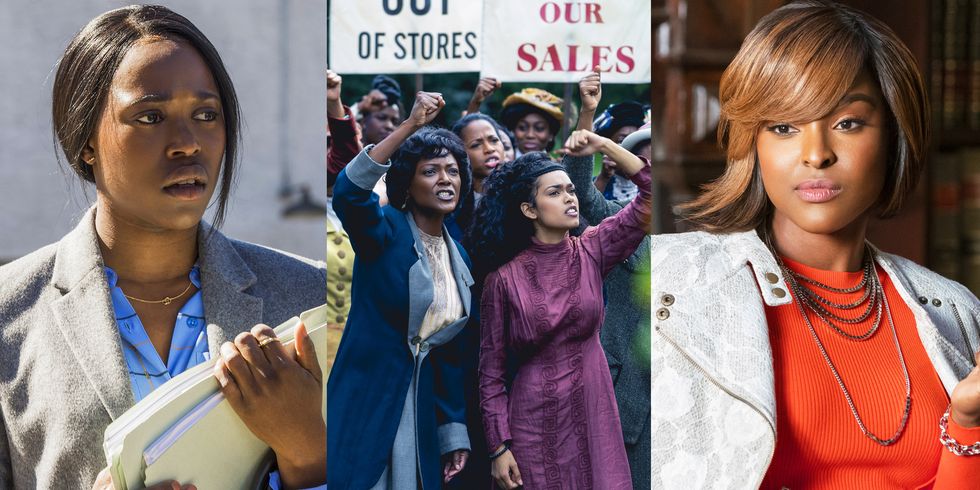
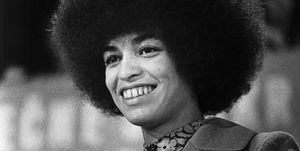
Neha Prakash is Marie Claire's Entertainment Director, where she edits, writes, and ideates culture and current event features with a focus on elevating diverse voices and stories in film and television. She steers and books the brand's print and digital covers as well as oversees the talent and production on MC's video franchises like "How Well Do You Know Your Co-Star?" and flagship events, including the Power Play summit. Since joining the team in early 2020, she's produced entertainment packages about buzzy television shows and films, helped oversee culture SEO content, commissioned op-eds from notable writers, and penned widely-shared celebrity profiles and interviews. She also assists with social coverage around major red carpet events, having conducted celebrity interviews at the Met Gala, Oscars, and Golden Globes. Prior to Marie Claire, she held editor roles at Brides, Glamour, Mashable, and Condé Nast, where she launched the Social News Desk. Her pop culture, breaking news, and fashion coverage has appeared on Vanity Fair, GQ, Allure, Teen Vogue, and Architectural Digest. She earned a masters degree from the Columbia School of Journalism in 2012 and a Bachelor of Arts degree from The Pennsylvania State University in 2010. She lives in Manhattan with her husband and dog, Ghost; she loves matcha lattes, Bollywood movies, and has many hot takes about TV reboots. Follow her on Instagram @nehapk.
-
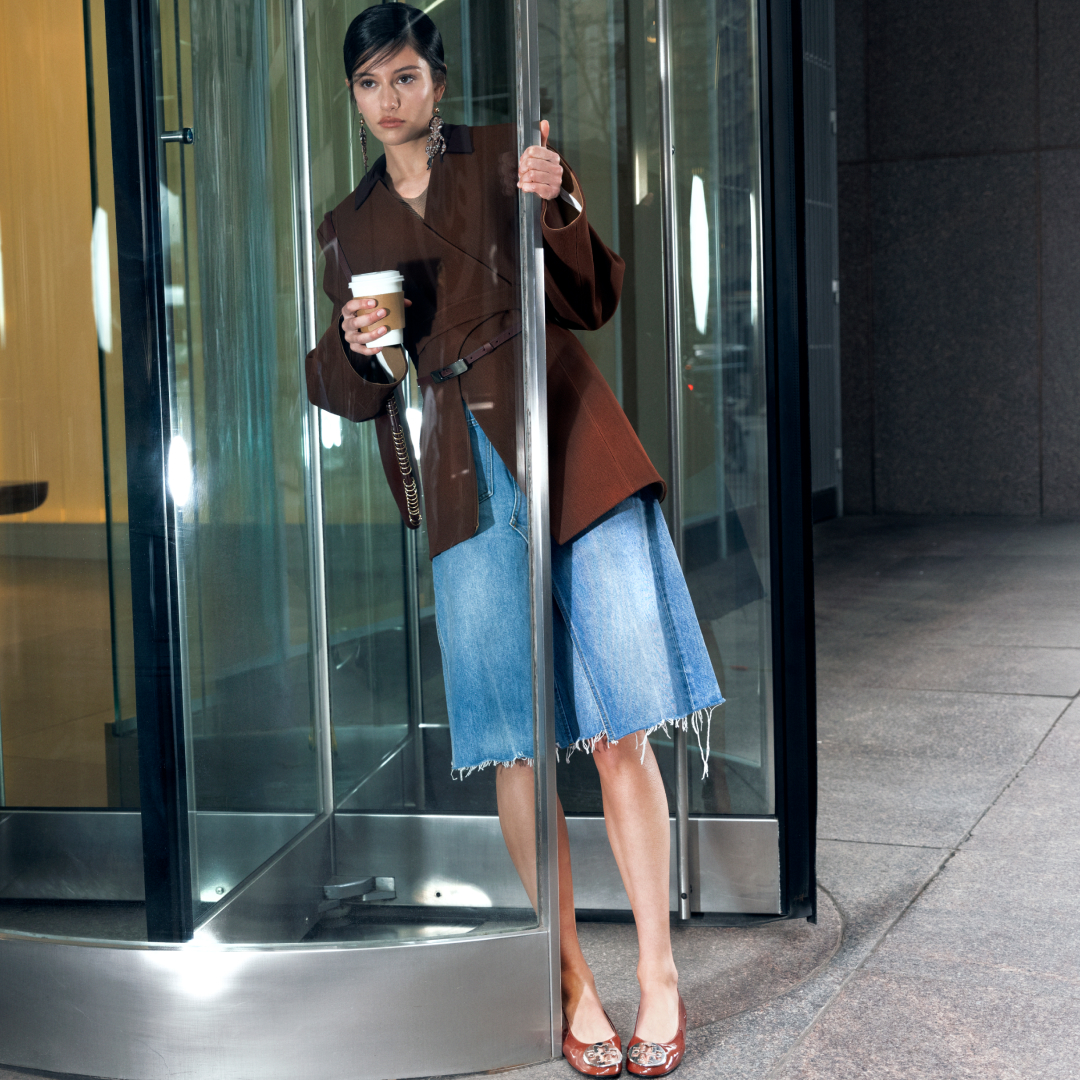 Welcome Back, Early-2000s Tory Burch Ballet Flats
Welcome Back, Early-2000s Tory Burch Ballet FlatsThe medallion-topped shoes are back, but not how you remember them.
By Halie LeSavage
-
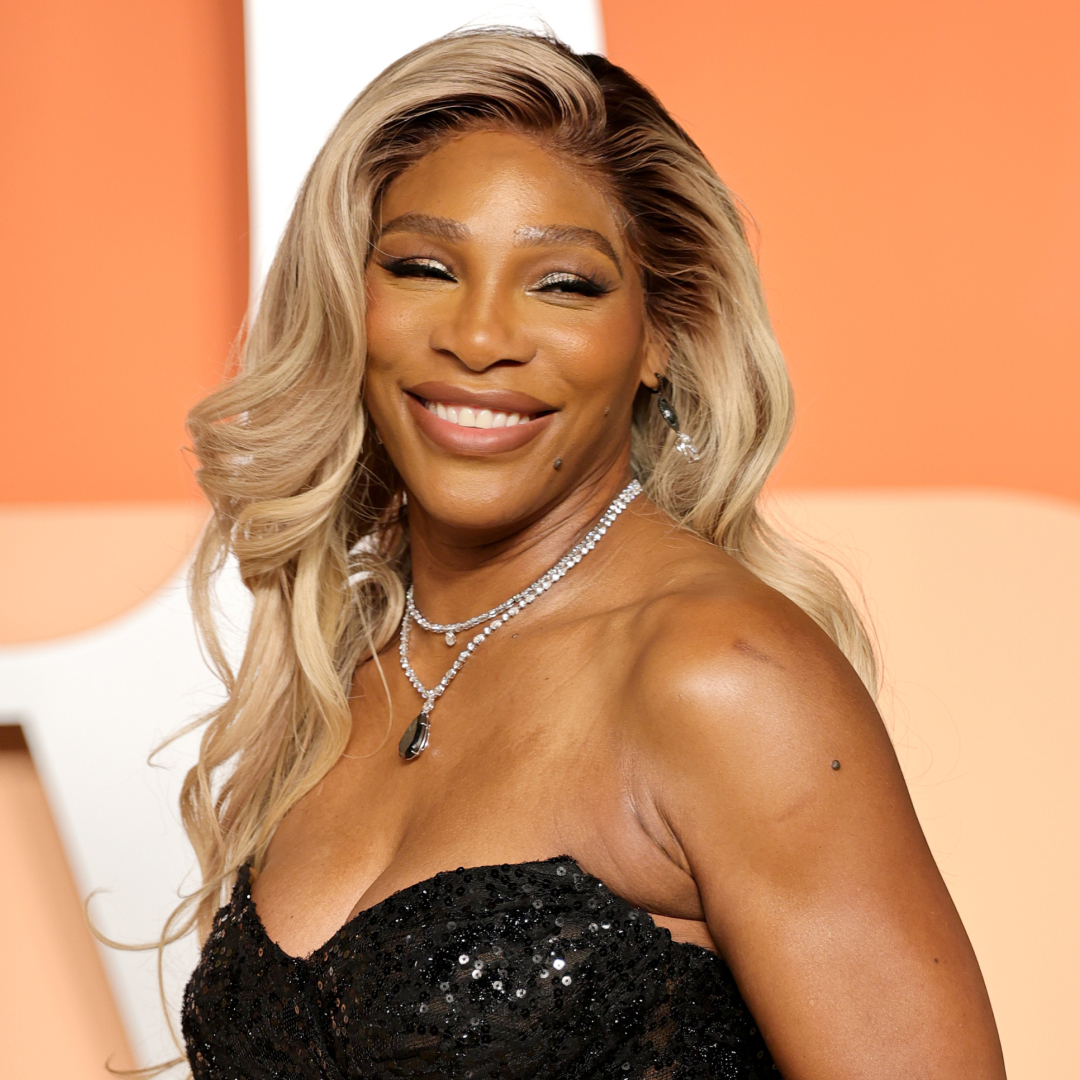 Serena Williams Avoided Taylor Swift at the Super Bowl for One Important Reason
Serena Williams Avoided Taylor Swift at the Super Bowl for One Important ReasonSorry, Olympia. You'll have to get that autograph next time.
By Lia Beck
-
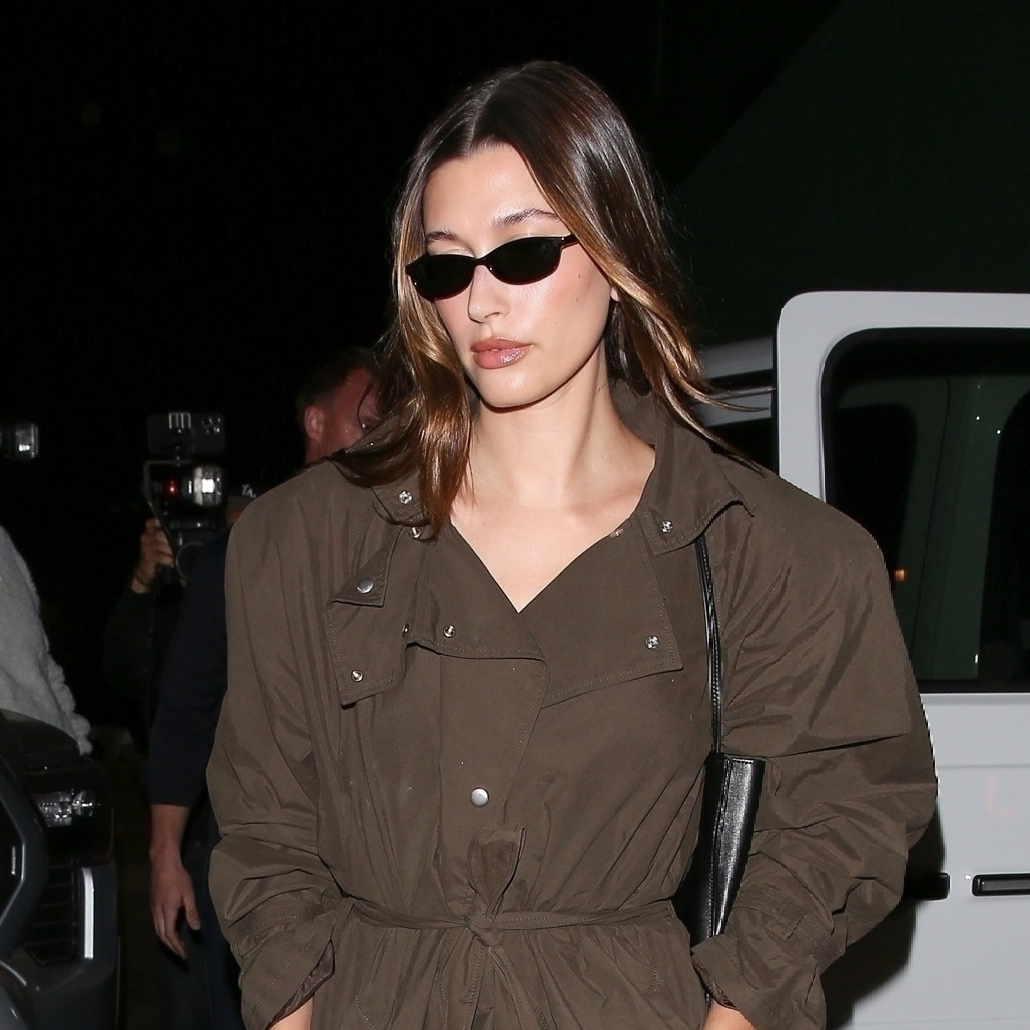 Hailey Bieber Styles a Bubble-Hem Trench as a Mini Dress
Hailey Bieber Styles a Bubble-Hem Trench as a Mini DressShe's a styling genius.
By Kelsey Stiegman
-
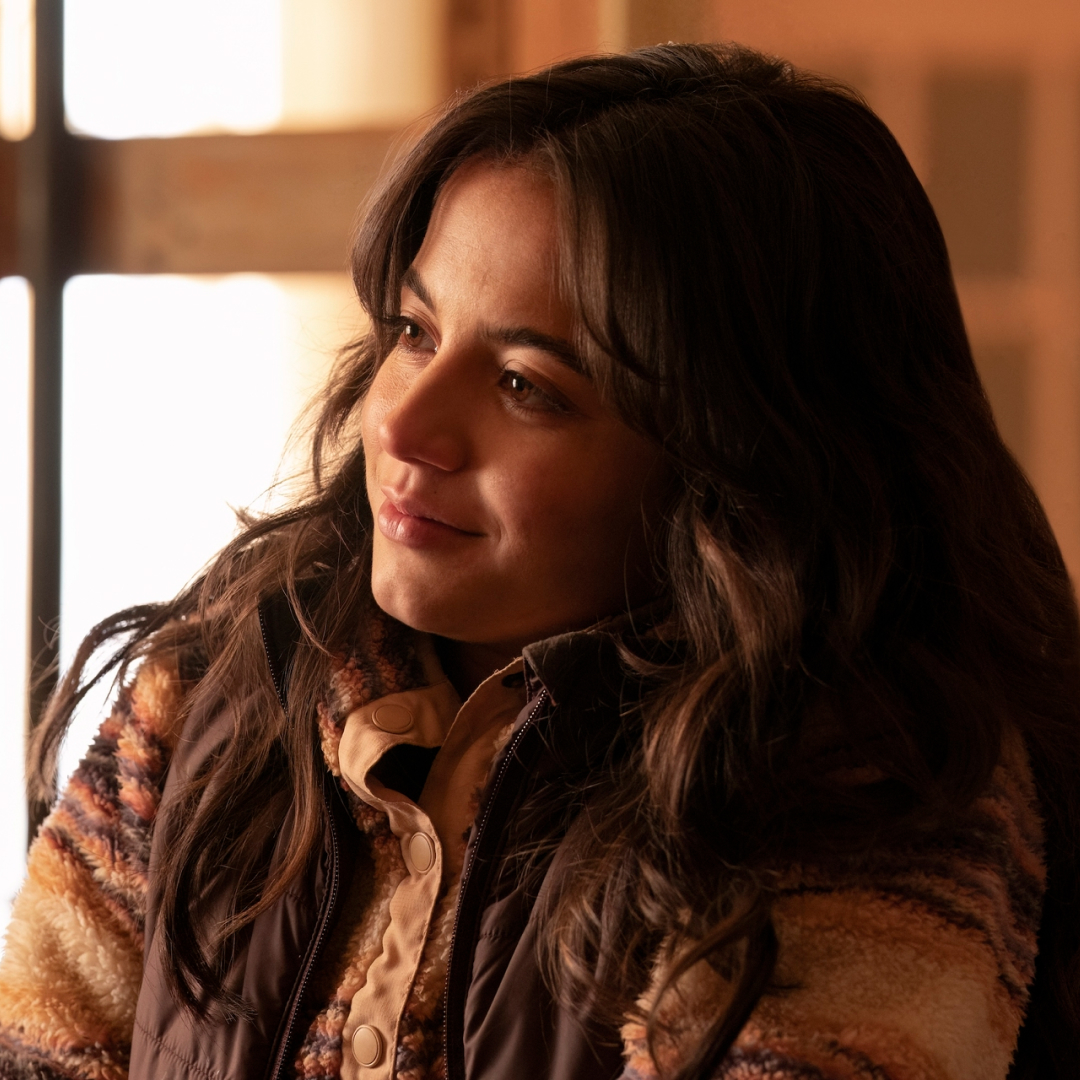 Meet Isabela Merced, the Rising Star Who Plays Dina in 'The Last of Us'
Meet Isabela Merced, the Rising Star Who Plays Dina in 'The Last of Us'We're already obsessed with this up-and-comer.
By Quinci LeGardye
-
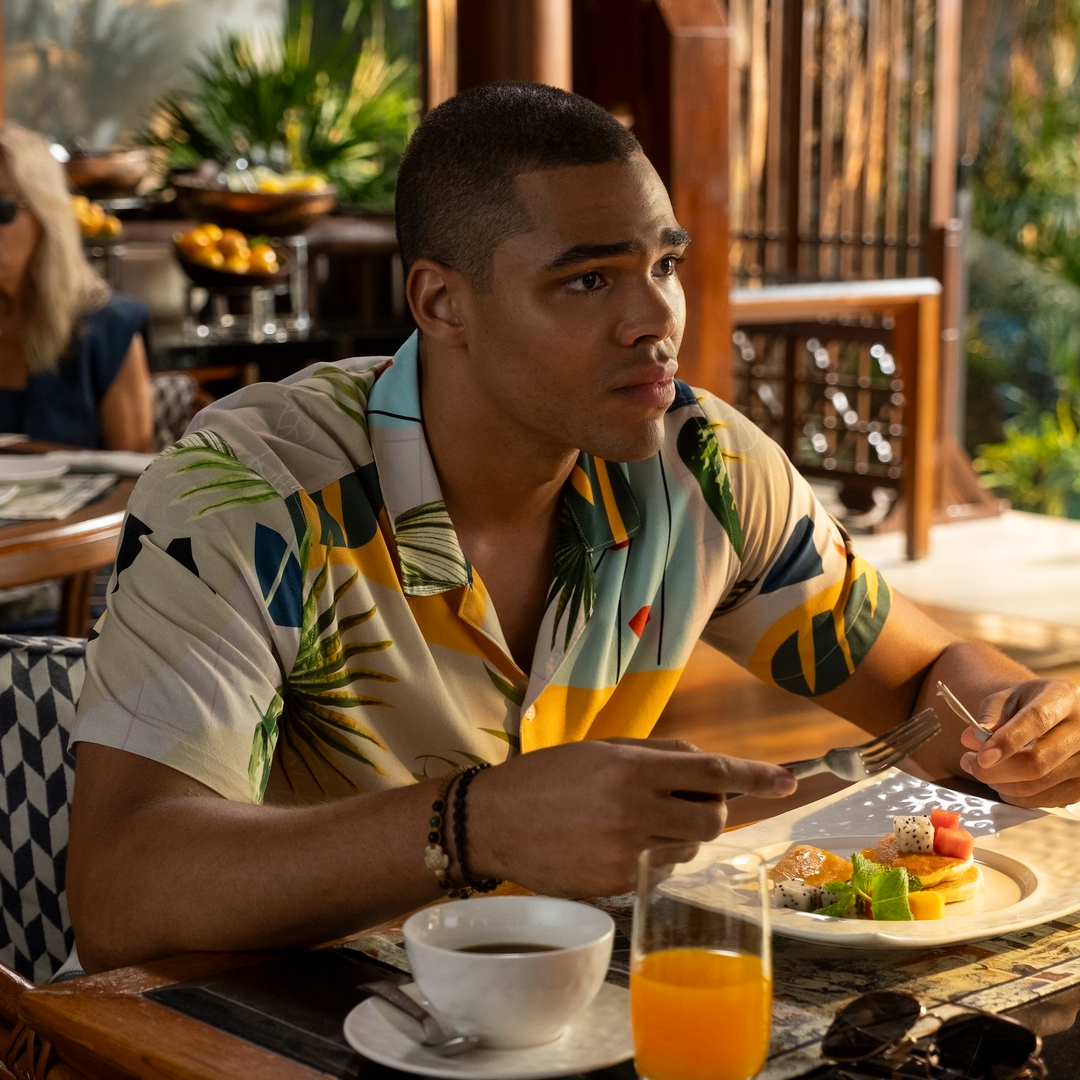 Meet Nicholas Duvernay, the Actor Who Plays Zion in 'The White Lotus' Season 3
Meet Nicholas Duvernay, the Actor Who Plays Zion in 'The White Lotus' Season 3We can't stop thinking about his scene-stealing performance in the finale.
By Quinci LeGardye
-
 'The White Lotus' Season 4: Everything We Know
'The White Lotus' Season 4: Everything We KnowCreator Mike White has already started teasing where the next installment will be set—and who might be back.
By Quinci LeGardye
-
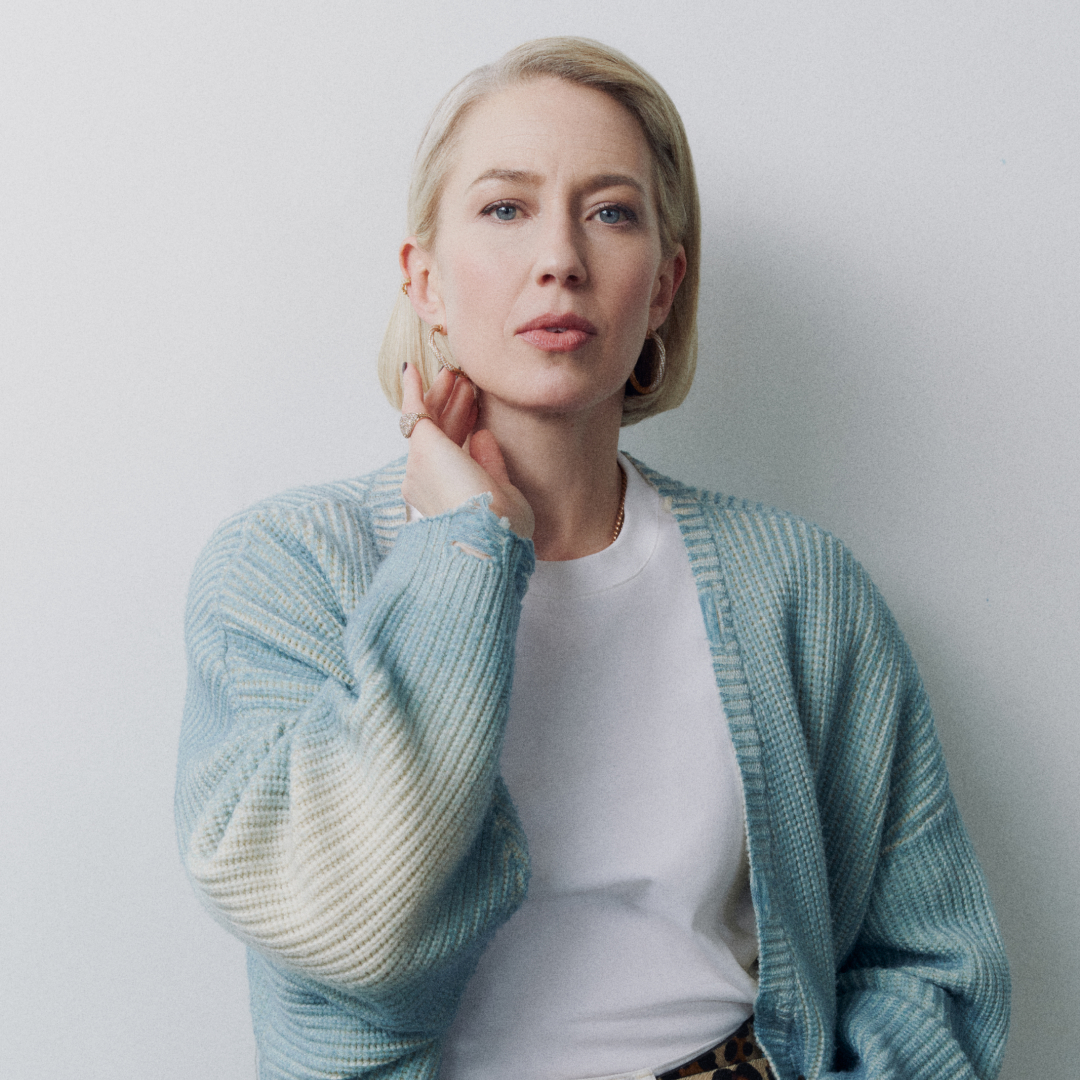 The Wild Ride of Carrie Coon
The Wild Ride of Carrie CoonLaurie's deep-set insecurities come to a head in episode 7 of 'The White Lotus,' allowing the actress to turn a "dark night of the soul" into an illuminating time.
By Jessica Goodman
-
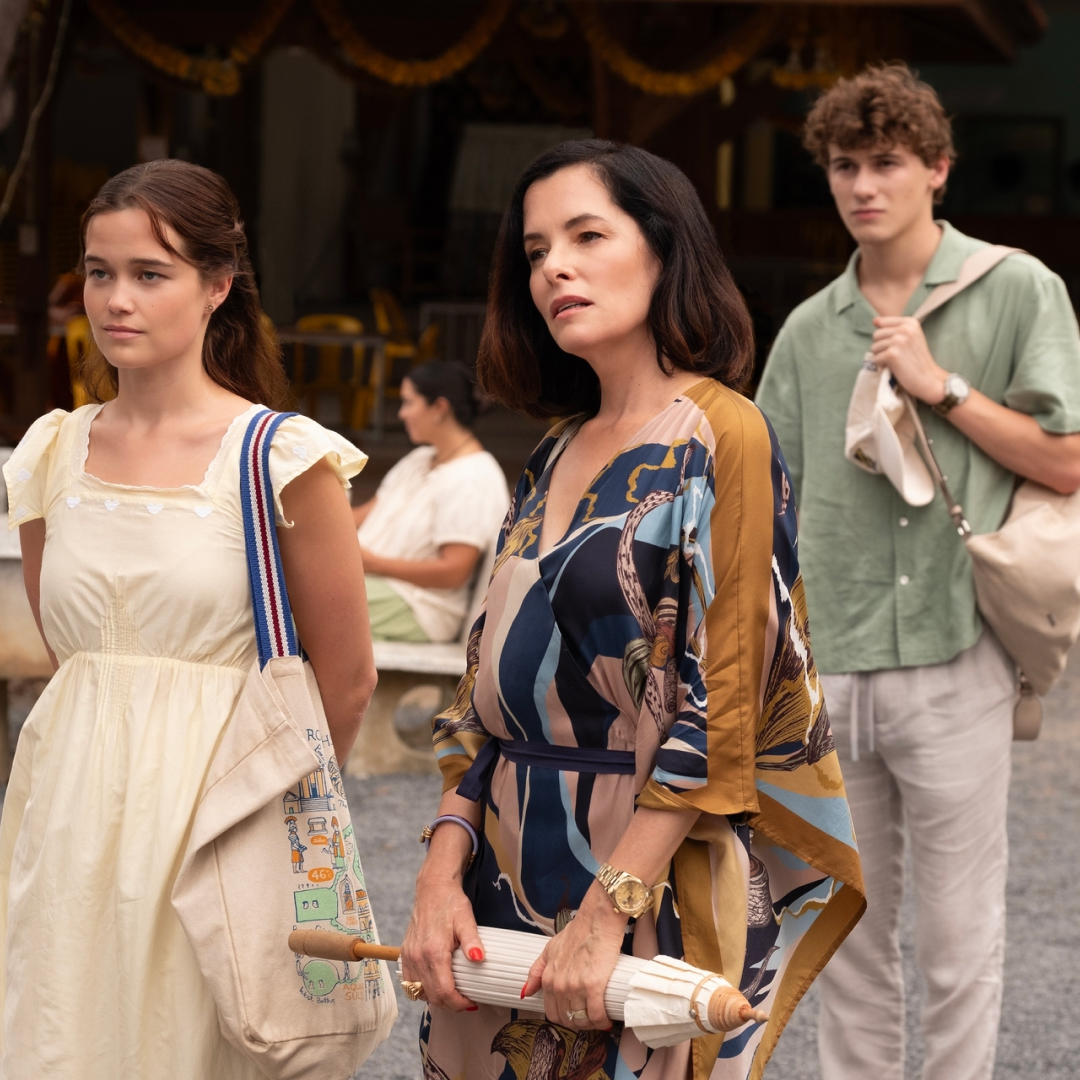 Meet 'The White Lotus' Season 3 Cast: Your Guide to the Guests and Staff in Thailand
Meet 'The White Lotus' Season 3 Cast: Your Guide to the Guests and Staff in ThailandHBO rounded up a handful of A-listers for the anthology's Thailand-set installment.
By Quinci LeGardye
-
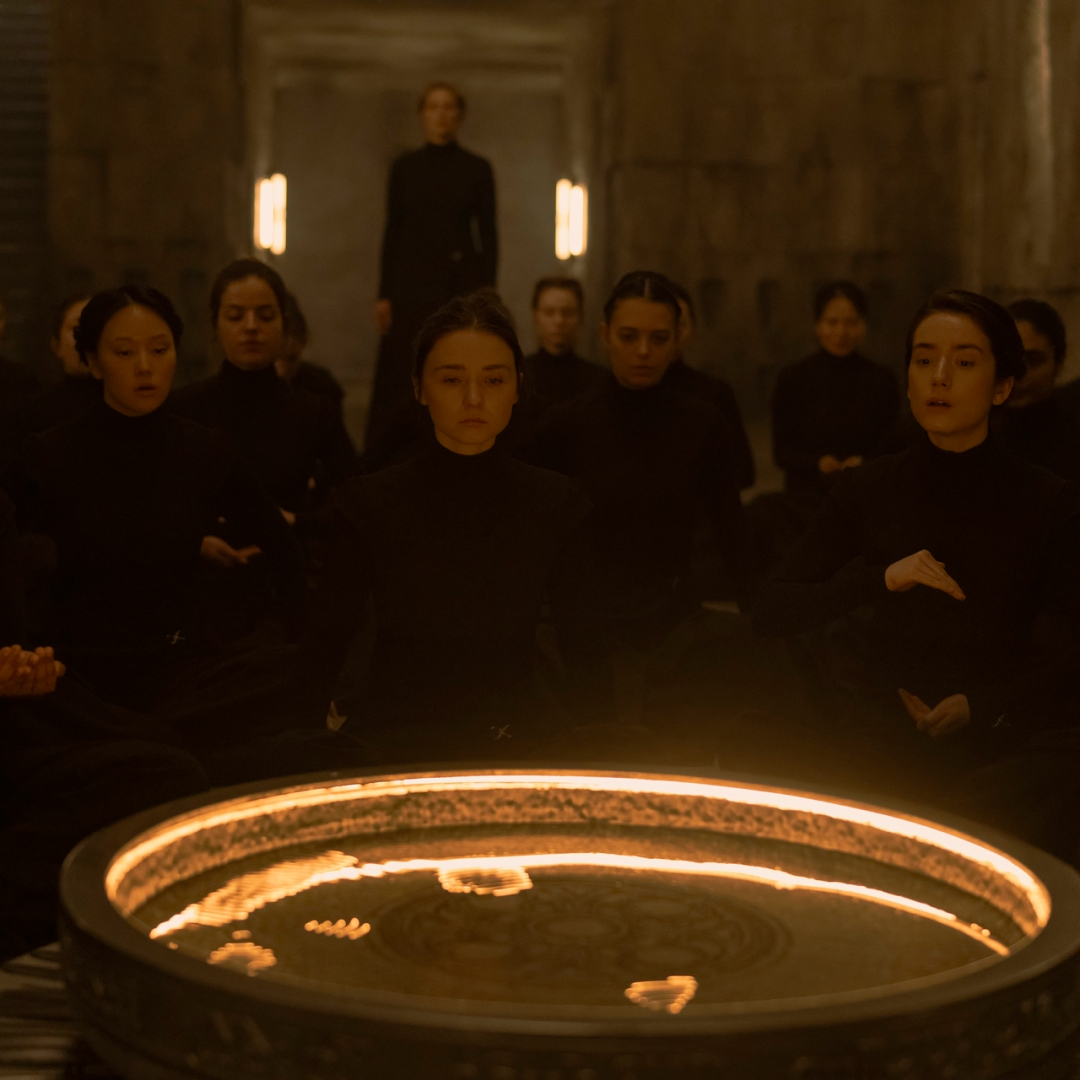 The 'Dune: Prophecy' Cast: What to Know About Who Plays Who in the Max Series
The 'Dune: Prophecy' Cast: What to Know About Who Plays Who in the Max SeriesAnd if you need a refresher on House Atreides and Harkonnen lore, we've got you covered.
By Quinci LeGardye
-
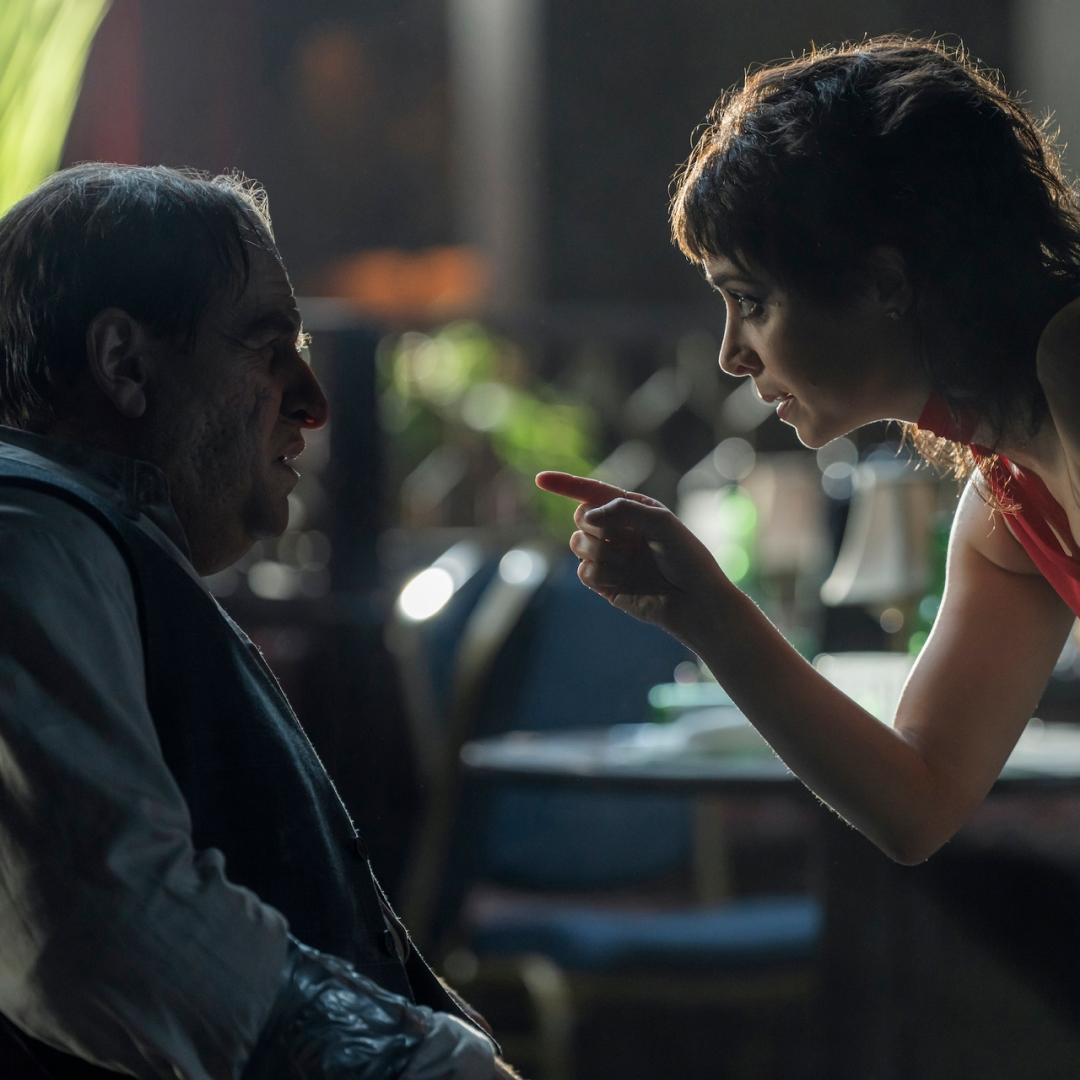 'The Penguin' Season 2: Everything We Know
'The Penguin' Season 2: Everything We KnowThe hit DC show's stars Colin Farrell and Cristin Milioti are both ready to return for more episodes.
By Quinci LeGardye
-
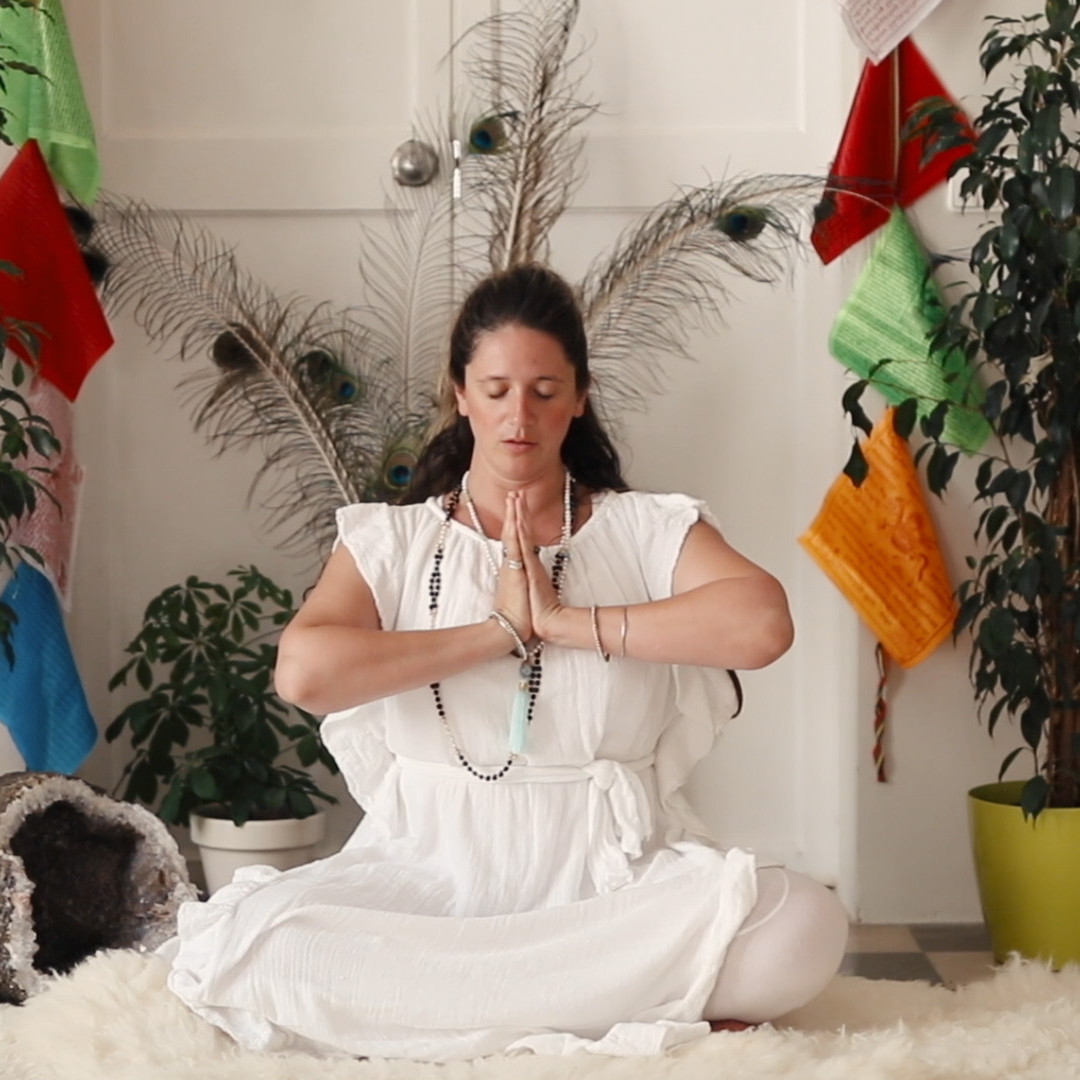 Who Is Guru Jagat? What to Know About the Kundalini Yoga Instructor From HBO's 'Breath of Fire'
Who Is Guru Jagat? What to Know About the Kundalini Yoga Instructor From HBO's 'Breath of Fire'HBO's latest true-crime doc explores the fall of a celebrity yoga instructor and her mysterious death.
By Quinci LeGardye